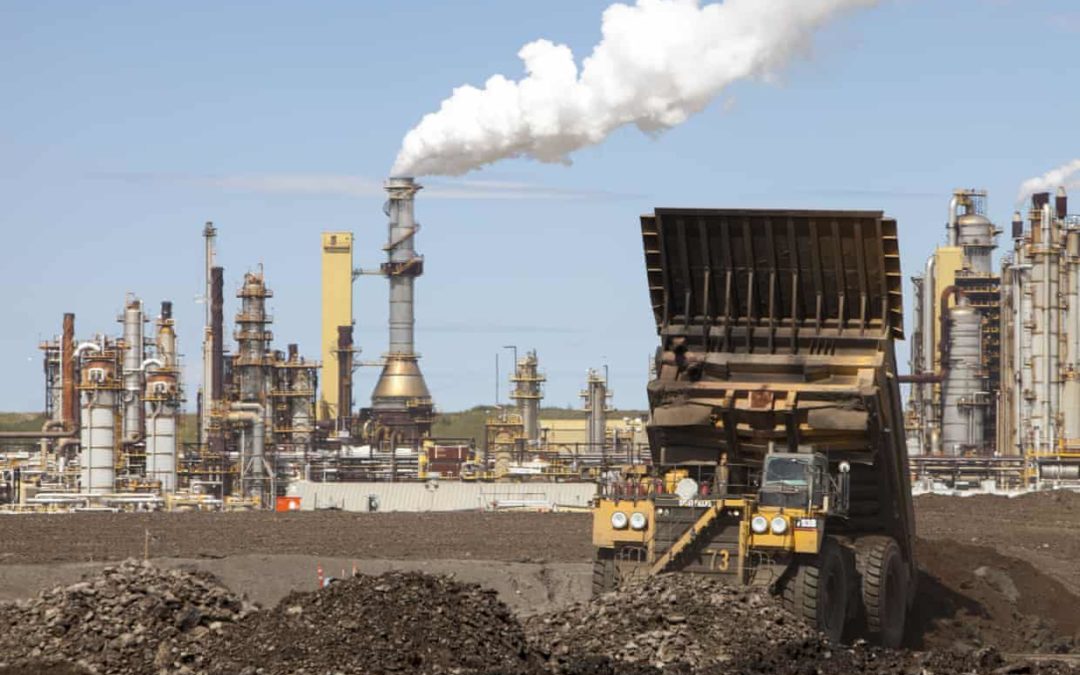SOURCE: The Guardian
DATE: March 12, 2019
SNIP: Extraction industries are responsible for half of the world’s carbon emissions and more than 80% of biodiversity loss, according to the most comprehensive environmental tally undertaken of mining and farming.
While this is crucial for food, fuel and minerals, the study by UN Environment warns the increasing material weight of the world’s economies is putting a more dangerous level of stress on the climate and natural life-support systems than previously thought.
Resources are being extracted from the planet three times faster than in 1970, even though the population has only doubled in that time, according to the Global Resources Outlook.
Each year, the world consumes more than 92b tonnes of materials – biomass (mostly food), metals, fossil fuels and minerals – and this figure is growing at the rate of 3.2% per year.
Since 1970, extraction of of fossil fuels (coal, oil and gas) has increased from 6bn tonnes to 15bn tonnes, metals have risen by 2.7% a year, other minerals (particularly sand and gravel for concrete) have surged nearly fivefold from 9bn to 44bn tonnes, and biomass harvests have gone up from 9bn to 24bn tonnes.
Land use change – mostly for agriculture – accounts for over 80% of biodiversity loss and 85% of water stress as forests and swamps are cleared for cropland that needs irrigation. Extraction and primary processing of metals and other minerals is responsible for 20% of health impacts from air pollution and 26% of global carbon emissions.
The biggest surprise to the authors was the huge climate impact of pulling materials out of the ground and preparing them for use. All the sectors combined together accounted for 53% of the world’s carbon emissions – even before accounting for any fuel that is burned.

